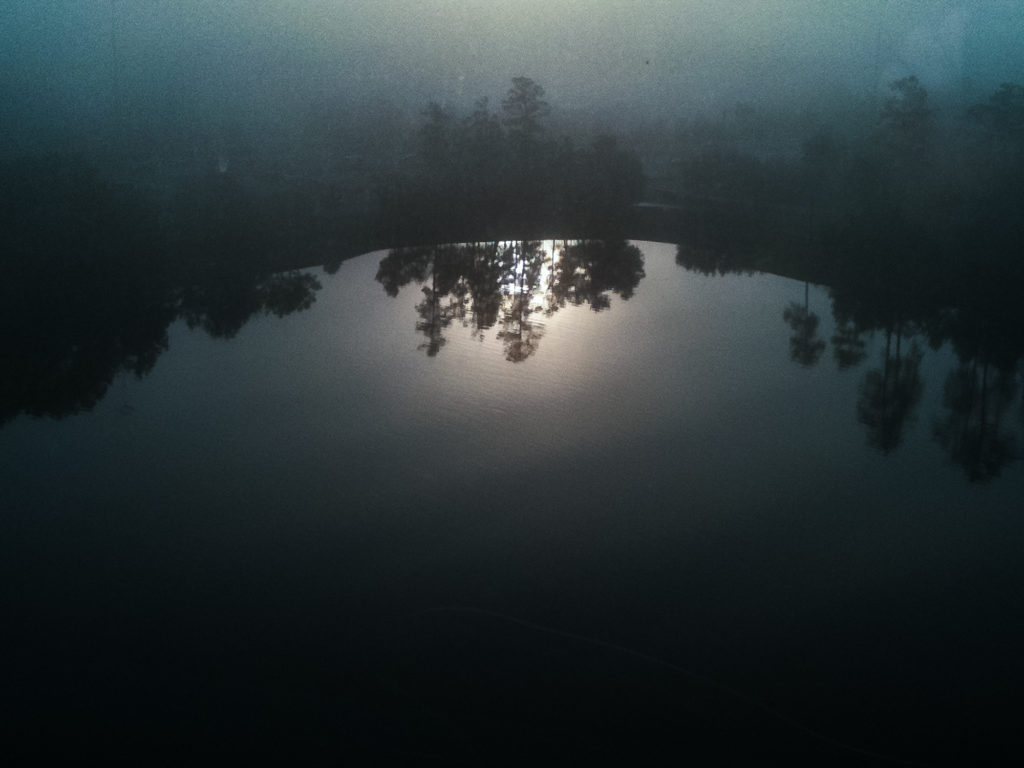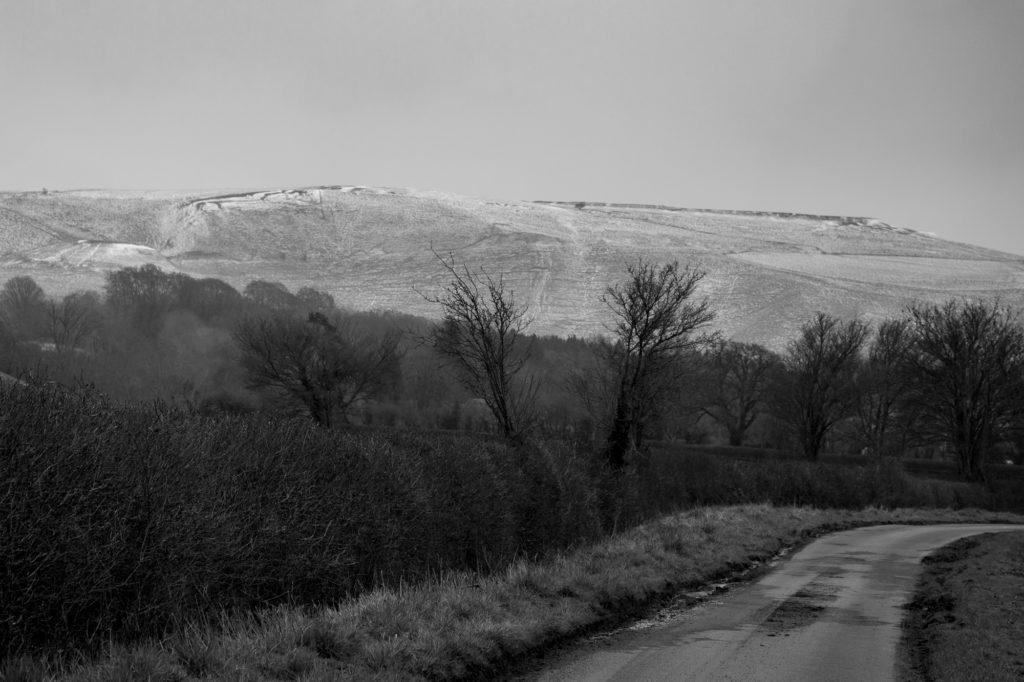I decided to conduct a thought experiment today. I had looked over the wall of books that defends my desk and decided to chose one title to seed some thoughts.
So now I can tell you with a fair degree of certainty what I was doing on the 7th of November 2010 at the time of 19:03:53. I was buying a book in Dublin airport. Indeed, yes, a sales receipt fell out of the book I chose. I have the book in hand though no memory of purchasing it.

Foggy Sunrise Woodlands Texas 2010 
Uffington White Horse Under Snow 2013
13 Things That Don’t Make Sense is an interesting insight into some of the modern mysteries and challenges in science. A thought provoking study by Michael Brooks from 2009. Think placebo effect, free will or the missing universe. And if you want to know more, I recommend a read.
A minor thing that doesn’t make sense is that the book receipt is for a different ISBN code and a different book called Hypothermia. I don’t think there was a conspiracy to report sales of books that weren’t sold. I don’t imagine for a moment that this was anything other than a glitch. But the book in hand makes me muse about what else was incorrectly listed on the receipt. If this book I am holding is not the book I bought, is the absence of memory of the purchase proof that I was never there at all?
I recall reading it while a bit jet-lagged on a trip to Texas but I didn’t remember a couple of things that seem fascinating now, some personal observations that add weight to the book. The Epilogue for example: Brooks starts it by writing ‘I am in Wiltshire …’ and goes on to describe a scene I know because I have since sat at the self-same Iron Age fort and looked over the same landscape with quite different thoughts. Mine were usually tired thoughts while walking that section of The Ridgeway as I have done several times. We even drove specially to see The White Horse at Uffington and as the family reminds me, timing is everything when it comes to ancient horses: they hide from sight in winter snows.
Another thing I stumbled over again as I reread some of the essays was the comment about Erwin Schrödinger’s view of life; ‘the essence of the process that staves off death’. This philosophical inversion reminds me of Richard Dawkins who was among the first to make think more carefully about the philosophy of science; as an applied scientist, I can live with the idea that scientists ‘don’t prove truths but advance hypotheses which they fail to disprove’. With SpaceX is in the news today, being in orbit should make it quite easy for the two astronauts to repudiate the hypothesis that the earth is flat. The theories about the essence that constitutes ‘life’ are a lot tougher to disprove.
Back to ‘trust’ which is the subject that was seeded by the falling receipt. I’ve often ranted that we have long been expected to trust concepts and people before they have earned the respect that entitles them to our confidence. A good place to start might be your parents, those brave people who brought you into the world. They were committed to raising you though they held considerably less qualifications than you’d demand of a kindergarten teacher.
Go back 100 years to a time of horse drawn transport. If your horse threw a shoe you’d need a farrier. A horseshoe over a door would advertise a forge and implicitly, announce the skill you required of the resident farrier. You could have got a confidence boost from a brief chat with a neighbour or other interested party. And evidence of guild membership would have enhanced your expectation of a reliable shoeing service. This overly-simple example illustrates that humans have constructed layers of authorities to protect us from bad things. We are generally good at putting safeguards in place.
Take a brief look at language and you’ll see that not everything is as rosy as you’d hope. The word malfeasance is well known; we need this word becuase bad things are often done intentionally. And we need to grade bad actions because of nonfeasance; some people fail to do what they should. And my favourite ‘feasance’ is misfeasance. Isn’t it amazing that we need a word to understand that some people keep with the rules in ways they know are unsatisfactory. I think of this as lazy and yet it’s much worse. Imagine, if you will indulge my rebuke for a current news story, writing a code for national behaviour and deciding that since it’s only a code, it doesn’t apply to yourself.
I was up just before dawn and I had a look for Orion’s Belt. I wondered if I could see Betelgeuse or Rigel but as crepuscular as the light was, the haze was the bigger challenge. I’ve seen them both many times from a top window of our home and not fully understood that they are a way to measure the passage of 1500 years. The light arriving on my retina would have started its journey when a mother was born whose birth would make yours possible some 6000 mothers later.
And so it seems a decade of science has passed and we’ve still not found the missing 96% of the universe and perhaps more strangely, we can’t seem to disprove homeopathy. It remains popular despite the many studies that have concluded the remedies perform no better than placebos.
And that was Saturday thinking.

Leave a Reply